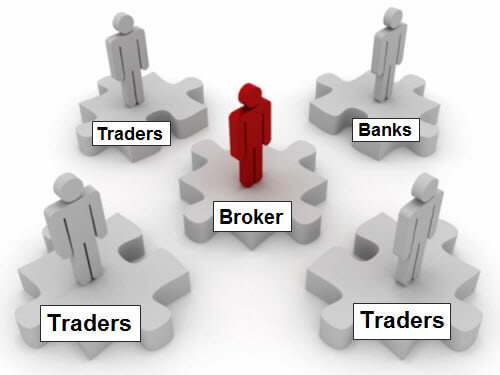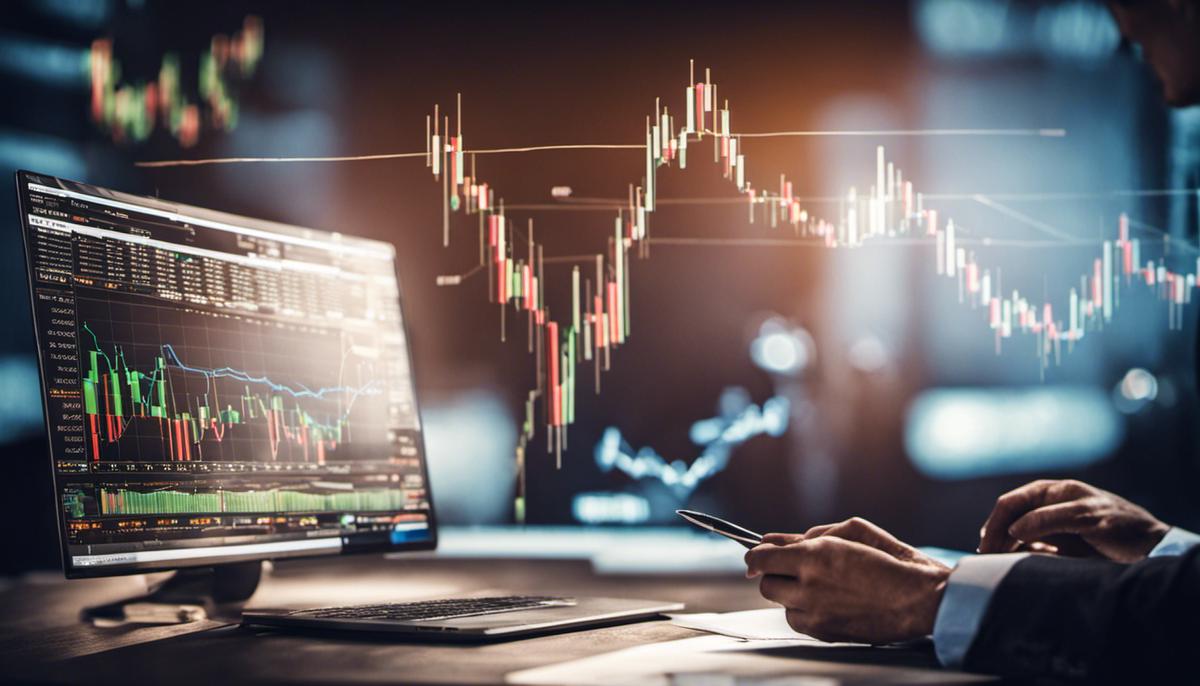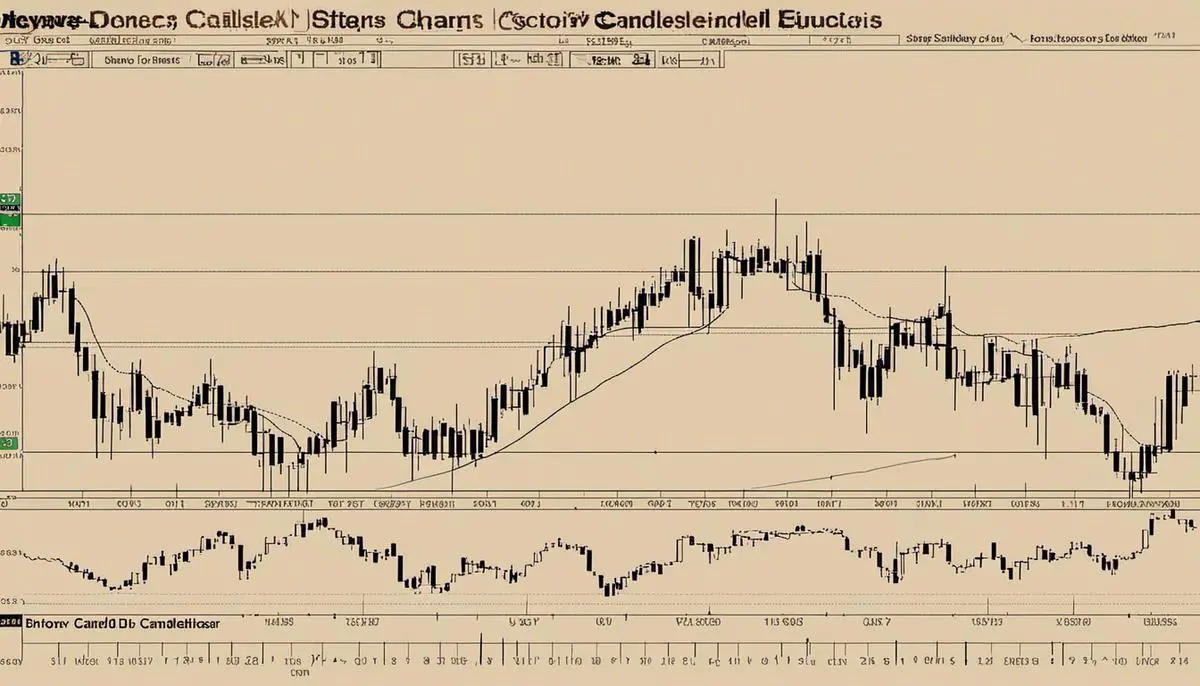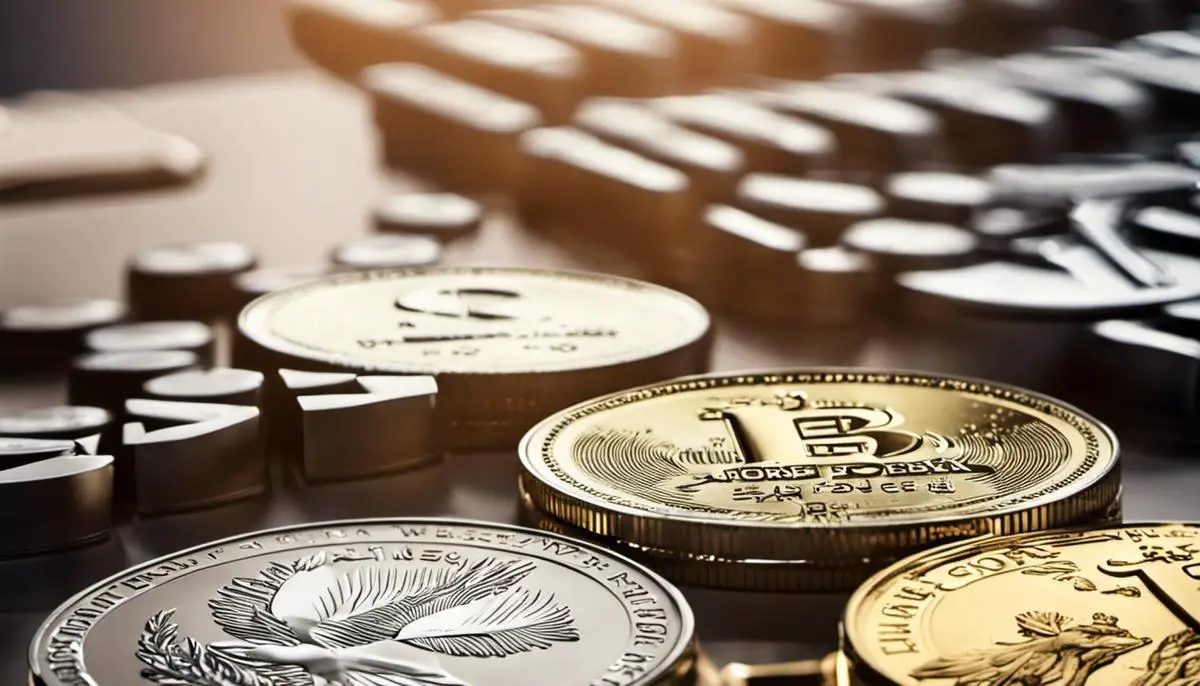Forex is emerging in popularity. Foreign currency trading has been around for over a century since there was an exchange for the price difference in gold between international currencies.
In order for the deals to go through, and for money to be made, an exchange has to be brokered. The role of a broker is to basically be a go-between for the buyer and seller.
Brokers make their money in a few different ways – typically through commissions or a flat rate per trading position, such as a fixed spread. With a variable spread, the broker simply marks up the price over the interbank prices that they receive.
Since there is a growing demand for retail Forex trading, there is also an equivalent growth of brokers or firms to help traders. The problem is, with so many choices, how does a trader know which broker to use?
How To Find a Good Forex Broker

The first thing a trader needs to do when researching a broker is to find out if they are a registered brokerage. The marketing power of the Internet makes it easy for scam artists and unlicensed individuals to con people with a fake, or even just poorly run, brokerage websites.
To avoid this, traders (especially in the U.S.) need to make sure that the broker they are interested in is registered with the NFA. The NFA is the National Futures Association and is basically a watchdog for legitimate trading establishments. They are also monitored by the Commodities Futures Trading Commission (CFTC), run by the government.
These organizations not only watch over but have taken action against individuals and firms who engage in illegal or abusive activity against traders or the financial institutions. Making sure you trade with a registered broker is the best protection you can have on the world ‘wide open’ web.
After finding a safe broker, you should determine if the broker will be able to meet your needs as a trader. Not every broker is created equal. Some brokers will not support your trading platform, certain trading tools that you might want to utilize, or even your trading style.
Below are a few things you should consider:
1. Trading platform: MetaTrader is probably the most commonly used, and there are a couple of versions of it, i.e., MT4 and MT5. Also, many brokers have their own trading platforms. The importance of comparing is that different platforms may not be compatible with Macintosh or other systems. Also, different indicators, scripts, or automatic traders may or may not be able to be used with every platform. In addition, mobile trading is becoming more and more popular, but not all brokers offer this feature.
2. ECN or Market Maker: The Forex market is made up of large banks and financial institutions. These are the only two ways to trade within that system. An Electronic Communications Network actually connects directly with the live market, whereas a market maker creates a smaller market within the raw prices coming in – setting their own bid/ask prices. There are big pros and cons with each of these; it just depends on the trader’s needs. ECN are great for scalping. And though it is a more controlled environment, market makers have been known for some underhanded tricks like stop-loss hunting.
3. Lot sizes: A lot size is simply the size of contract or money amount a trader can use. With retail Forex there are standard lots (100,000), mini (10,000), and micro (1,000). The smaller the lot size, the less money you need to trade with. This can be good to know for new traders with a small budget. If you are starting off with only a few thousand dollars, you’re probably better off using a mini-lot account – as opposed to a standard-lot account. If you are starting off with just a few hundred dollars, a micro-lot account may be more suitable.
4. Reviews: It is important to do research on any broker you are interested in. A great way to help sort out good Forex brokers from the bad ones is to look at customer reviews. Brokers may say all the right things on their websites, and seem like they would meet your needs perfectly. However, reading some reviews from traders who have personally used their services in the past can be helpful. Different reviews may show a pattern of stop-loss hunting, slippage, platform issues, or other insights that could affect your decision.
5. History: In addition to learning about if a broker is registered or not, it can be helpful to know how long a broker has been in business. The longer a brokerage has been around (in other words, the more established they are), the more likely it is that the brokerage pursues best practices and the more likely it is that the brokerage has a history of satisfied customers.
These are just a few tips for finding the right Forex broker. Other things to look for may include their customer service availability. With a 24-hour trading market, finding a broker with a 24-hour contact can save you when your computer or something happens in the markets you need help with.
Look for hidden fees or costs that may not be part of the initial order fee or commission. Check out their FAQ page. A trader can find a lot out about a broker by looking at their questions page.
For instance: What kind of paper work, I.D., costs, timeframe will it take to open an account, or withdraw money? What is the policy on depositing or withdrawing money? Is there a minimum/maximum limit?
One more really important tip is to determine where the broker is actually located. Even though the website or your trading platform is where you will typically do your trading from, for a U.S. trader, the broker must be located within the United States.
Due to new laws passed by the Dodd-Frank Act, a U.S. trader can no longer legally trade with overseas institutions. That has not, however, stopped some overseas brokers from allowing American traders to open accounts. As the trader, you will be responsible for any legal repercussion due to illegal trading.
Finding the right broker may seem overwhelming. However, by doing a little research, and knowing what your needs are as a trader, it can easily be done. Due diligence and common sense are your best tools for finding a good Forex broker.




